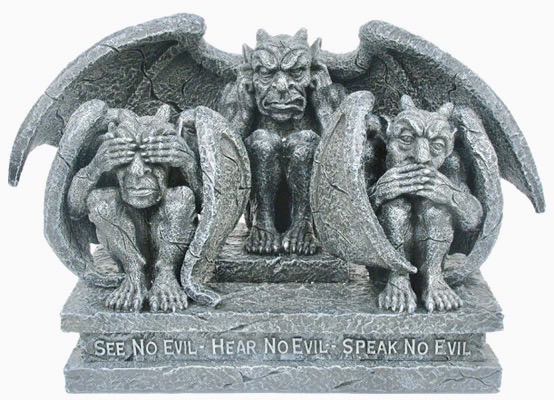February 14 Alan Feuer ‘s report in the New York Times describes “a sweeping lawsuit that is challenging the administration’s marijuana policy by seeking to legalize pot under federal law.” Arguments will be heard February 15 in NYC. Extensive excerpts follow:
In its 98-page complaint, the suit presents its case for legalization not only through a host of constitutional arguments, but also by way of a world-historical tour of marijuana use — from its first purported role 10,000 years ago in the production of Taiwanese pottery to the smoking habits of President Barack Obama in his younger days. It points out that the ancient Egyptians used the drug to treat eye sores and hemorrhoids, and Thomas Jefferson puffed it for his migraines. James Madison credited “sweet hemp” for giving him “insight to create a new and democratic nation,” the suit notes.
The suit also includes archival material quoting John Ehrlichman, an adviser to President Richard Nixon, saying that the early efforts to criminalize pot were a way to disrupt the hippies and the black community after the 1960s. The contention is bolstered by an affidavit from Roger J. Stone, Jr., a pro-pot Nixon-era operative and adviser to Mr. Trump.
This is not the first time lawyers have sought to use the courts to question whether marijuana should still be classified as a so-called Schedule 1 drug under the 1970 Controlled Substances Act, the most restrictive category reserved for the most dangerous narcotics. Many of those efforts have come in criminal cases, and judges — including those on the United States Supreme Court — have routinely upheld Congress’s decision to make marijuana illegal.
The current legal action is a somewhat rare attempt to use civil claims to legalize weed and has offered some novel arguments as to why its classification has violated the constitutional rights of those who filed the suit.
[A] former football player, Marvin Washington, for instance, is contending that the Controlled Substances Act has impeded his ability to transact business in states where pot is legal in contravention of the Constitution’s commerce clause. The girl with epilepsy, Alexis Bortell, has argued that the law illegally restricts her right to travel with her medicine in states where pot is not allowed or to places controlled by the federal government — including on airplanes. A third plaintiff, the Cannabis Cultural Association, a nonprofit group created to assist minorities in the marijuana industry, has alleged the law has been used for years to discriminate against them.
“It’s the first time a young child who needs lifesaving medicine has stood up to the government to be able to use it,” said Joseph A. Bondy, one of the lawyers who brought the suit. “It’s the first time that a group of young millennials of color has stood up to the government and said the marijuana law is wrong and has destroyed their communities.”
The suit has made another claim based on what amounts to government hypocrisy: It asks why the government has classified pot as a pernicious substance, when in 2003 the Department of Health and Human Services obtained a patent on compounds in the drug to protect against brain damage and then in 2015 the surgeon general under President Obama declared in public that pot has medical benefits.
Against these claims, lawyers for the government have argued that Congress decided nearly 50 years ago that pot should be a Schedule 1 drug, and if the plaintiffs don’t agree, they should try to change the law. Their suit, the lawyers wrote in one of their filings, “is the latest in a long list of cases asserting constitutional challenges to marijuana regulation under the C.S.A. Those challenges have been uniformly rejected by the federal courts.”
No matter how the lawsuit ends, the judge who is considering the case, Alvin K. Hellerstein, is clearly taking it seriously. At a hearing in September, Judge Hellerstein said he would give the matter his “prioritized attention,” setting it ahead of all of his other cases.





